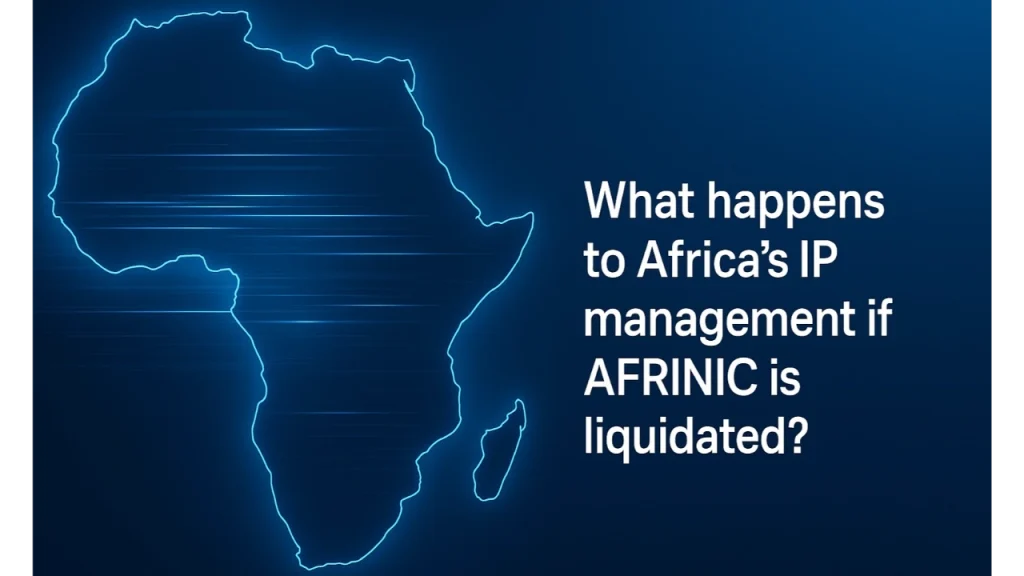- Cloud Innovation proposes court-supervised dissolution of AFRINIC, citing governance collapse and operational failure.
- ICANN issues formal warning under ICP-2, raising stakes over Africa’s IP address future.
What happened: Cloud Innovation calls for AFRINIC’s liquidation over governance collapse
Amid a prolonged governance crisis at AFRINIC, Cloud Innovation has formally proposed support for the registry’s court-supervised liquidation. In its urgent July 2025 statement, the company argues that AFRINIC is “structurally and operationally broken,” unable to carry out its core mandate of equitable IP address management across Africa.
The proposal, submitted to the Mauritius Supreme Court, recommends replacing AFRINIC with a decentralised, operator-led structure, supported by technical transition teams and oversight from global bodies such as ICANN. This comes as ICANN also raises serious concerns, formally placing AFRINIC “on notice” under ICP-2, warning that the registry may no longer meet minimal standards for Regional Internet Registry (RIR) recognition.
The crisis has escalated following flawed elections, allegations of governance irregularities, and sustained legal paralysis, prompting fears over the future of IP address stability across the African continent.
Also Read: Cloud Innovation supports ICANN’s move to derecognise AFRINIC, calls for successor to be immediately identified
Also Read: ICANN’s quiet power grab: ICP-2 compliance document raises alarms amid AFRINIC crisis
Why this is important
The possible dissolution of AFRINIC would mark the first-ever failure of a Regional Internet Registry in the global Internet governance system. Cloud Innovation’s call for a managed transition reflects wider concerns among network operators, hosting providers, and digital stakeholders who have long expressed frustration with AFRINIC’s opaque decision-making, lack of operational transparency, and politicised governance.
If the court approves dissolution, IP address management in Africa would shift from an African-based organisation to a European, Asian or US organisaiton, where the other RIRs are located. This development comes as the African continent faces rapid digital growth.
Africa’s internet users are projected to surpass 1 billion by 2030, and any disruption in IP allocation could jeopardise digital transformation agendas, cloud service expansion, and AI development. A breakdown in AFRINIC’s core registry functions risks fragmentation, address hijacking, and routing instability.Cloud Innovation’s proposal challenges status quo thinking, aiming to protect technical infrastructure, not political legacies.

